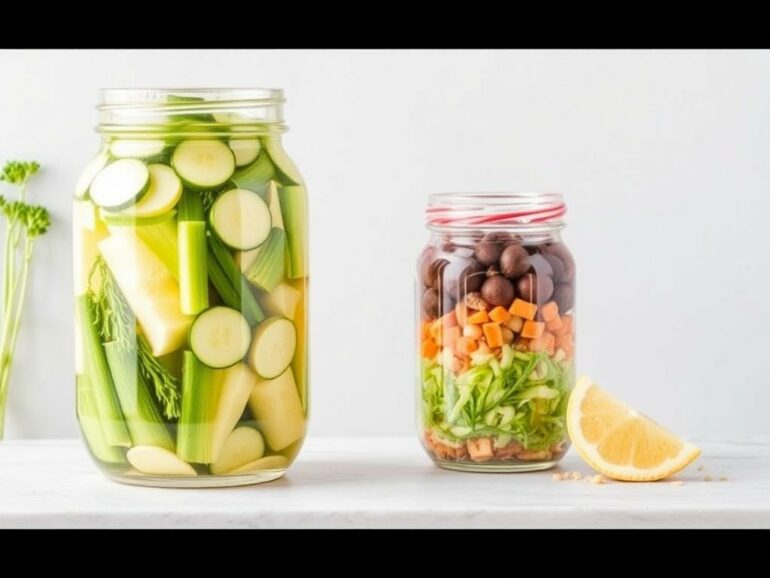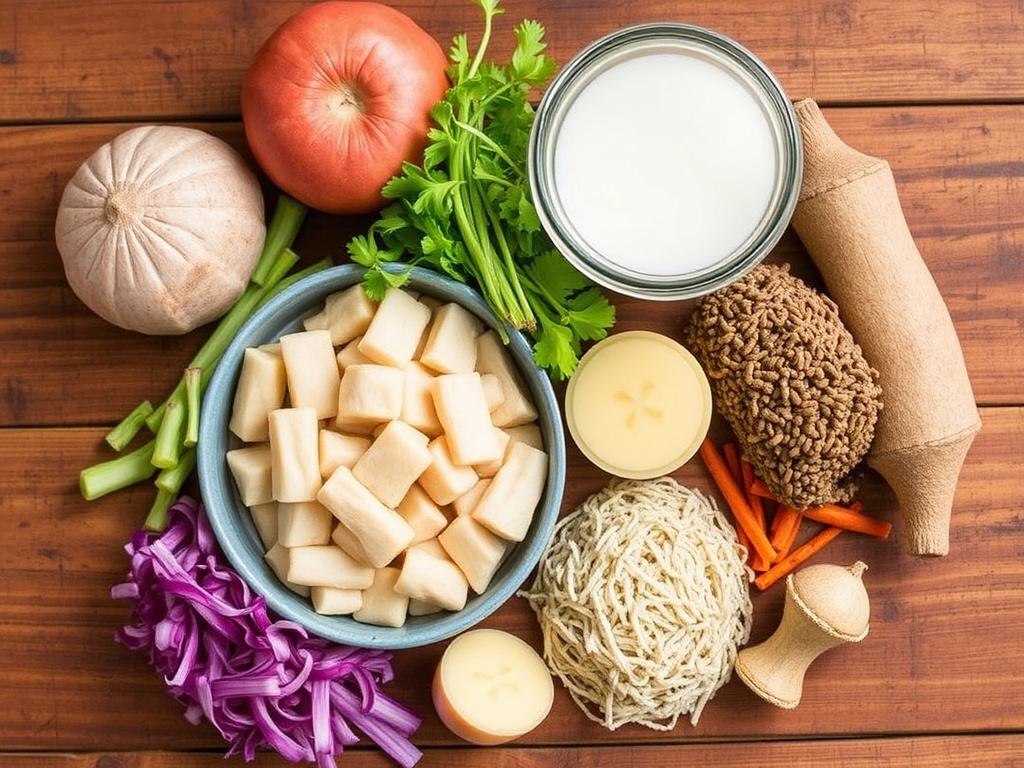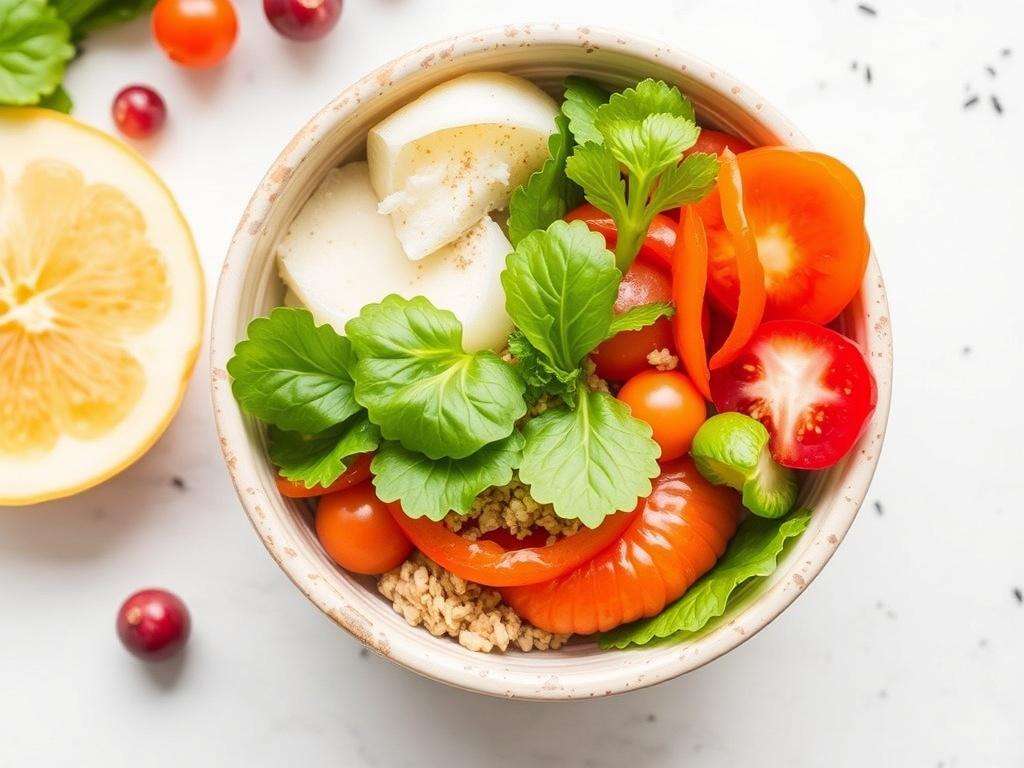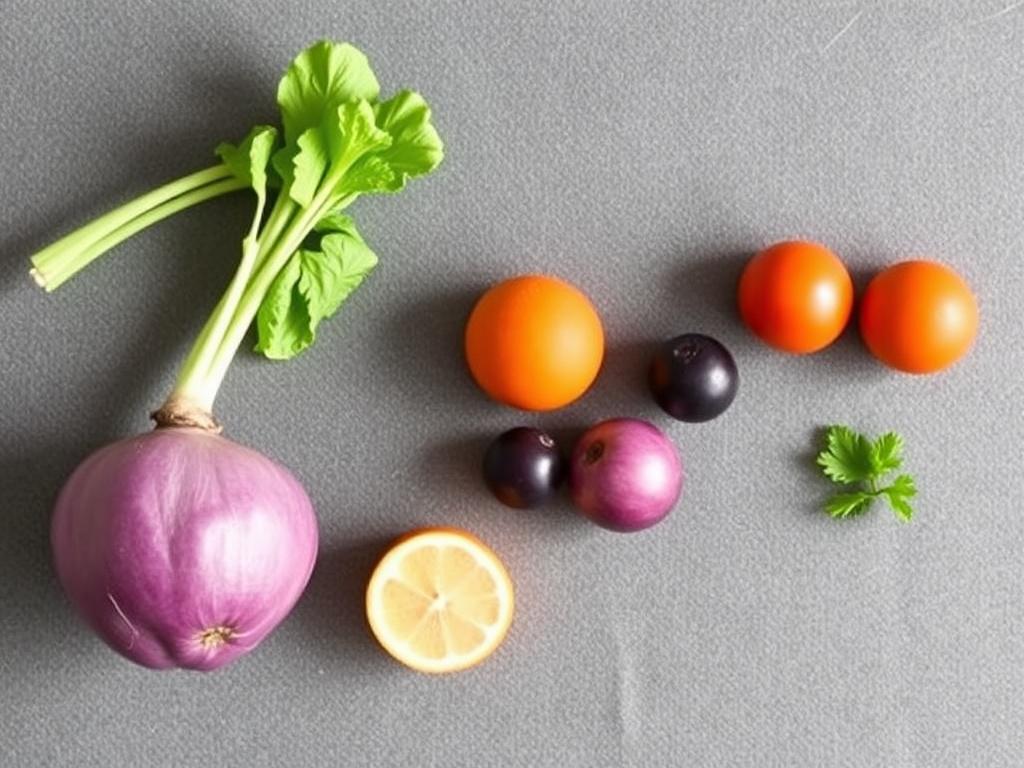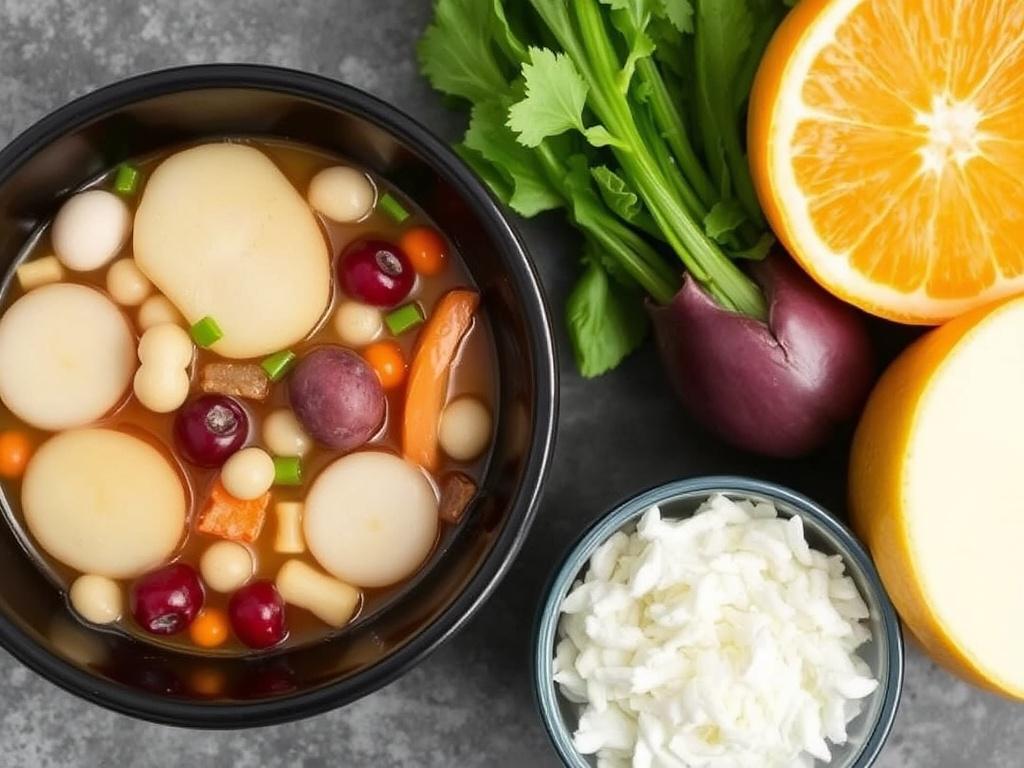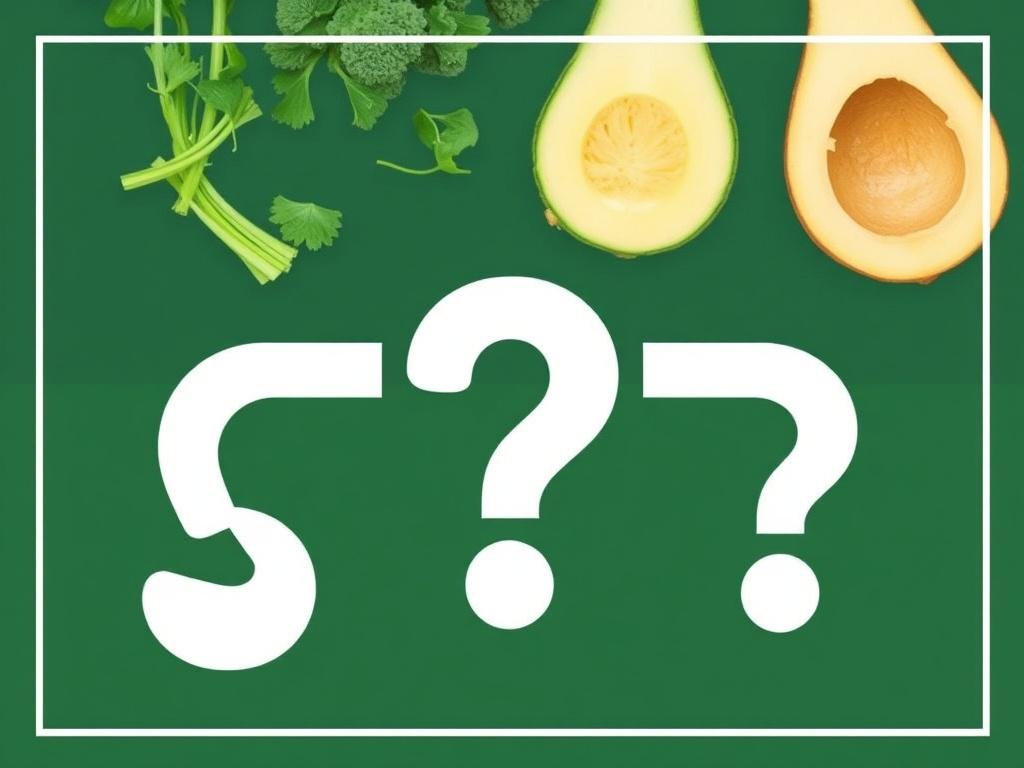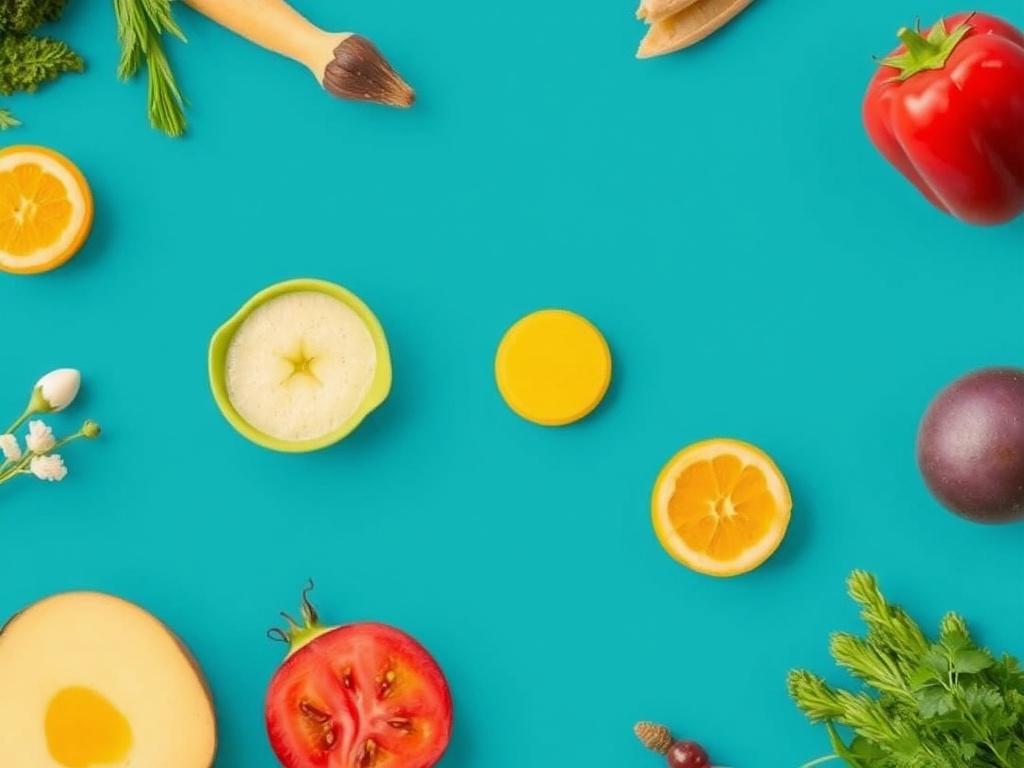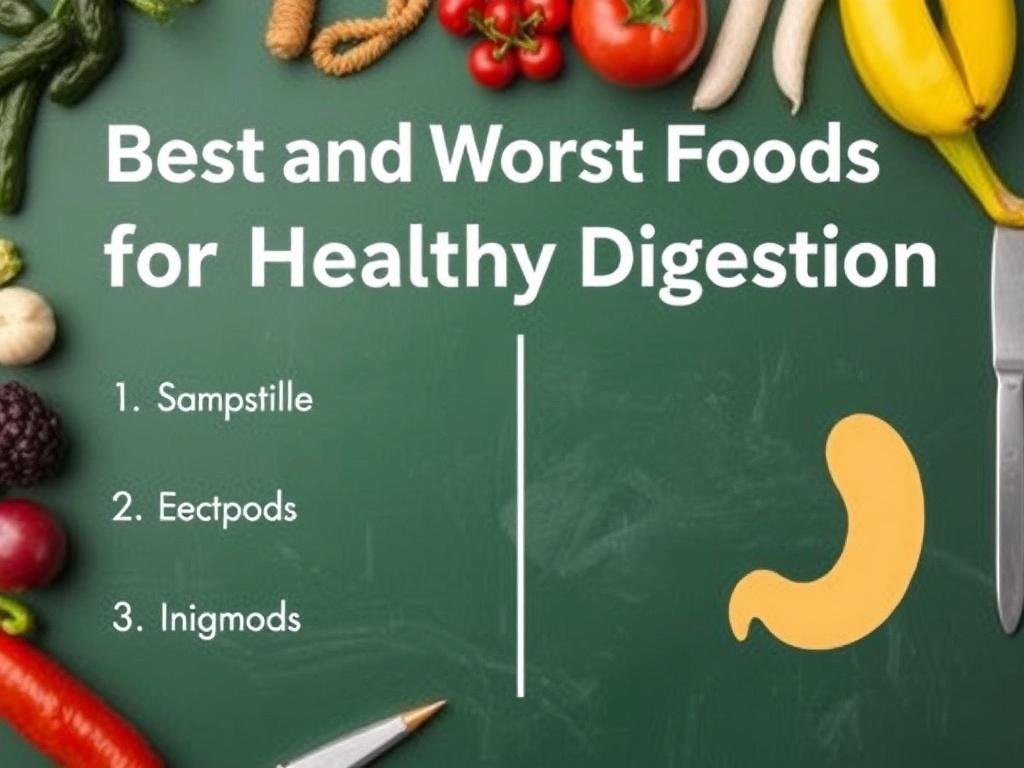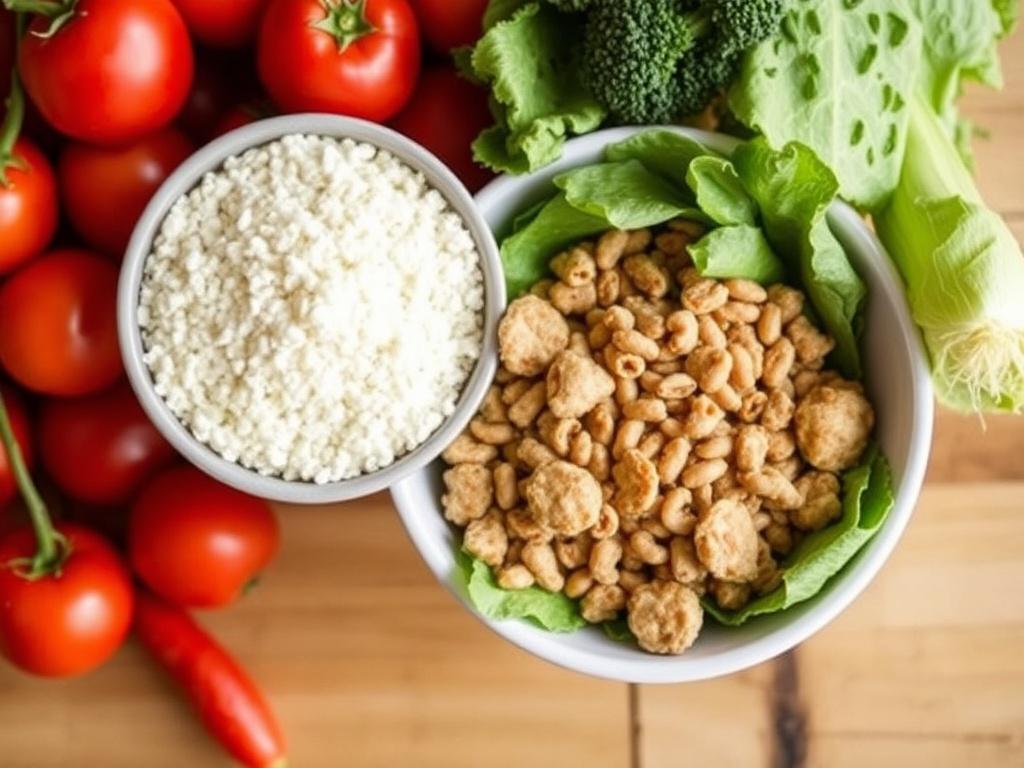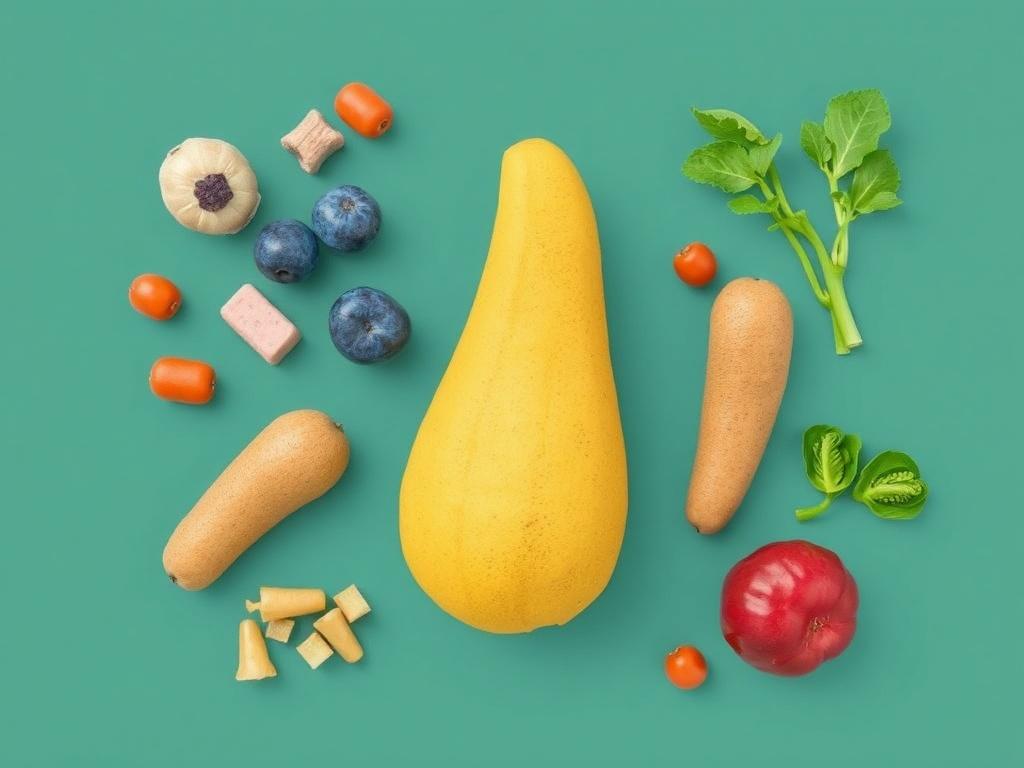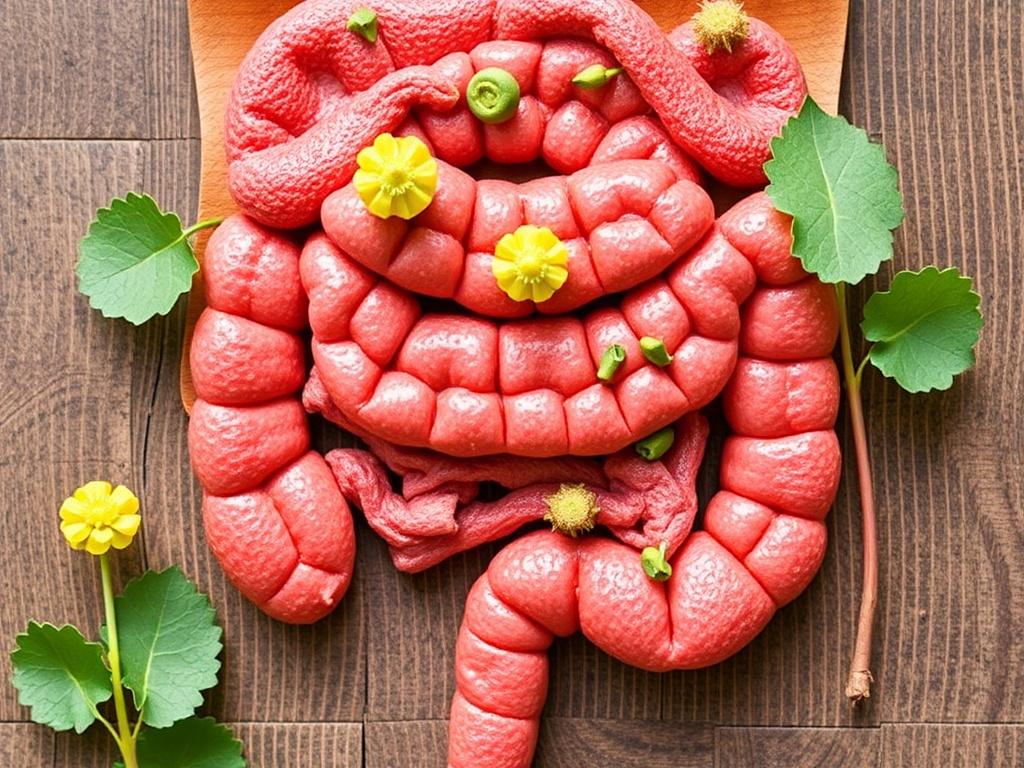Fermented foods have been enjoyed by cultures around the world for centuries, treasured not only for their unique flavors but also for their remarkable health benefits, particularly when it comes to digestion. In recent years, science has caught up to traditional wisdom, revealing just how powerful these foods can be in supporting gut health. Whether you’re someone struggling with digestive issues or just looking to boost your overall well-being, incorporating fermented foods that boost digestion into your diet can make a significant difference. Let’s take a deep dive into what fermented foods are, how they improve digestion, and which ones you should consider adding to your meals.
What Are Fermented Foods?
At its core, fermentation is a natural process where microbes like bacteria and yeast break down sugars and starches in food. This transformation not only alters the food’s texture and flavor but also enhances its nutritional properties. Unlike processed foods, fermented foods are rich in probiotics—the live beneficial bacteria that help maintain a healthy balance in your gut. But fermentation is more than just a preservation method; it’s a powerful way to improve the bioavailability of nutrients and introduce digestive enzymes that can lighten the load on your stomach and intestines.
Fermented foods can be as simple as a homemade sauerkraut or as complex as traditional kimchi. Popular examples you might already know include yogurt, kefir, miso, and kombucha. Each of these carries its own unique strain of probiotics and different flavors, offering variety and health benefits.
How Do Fermented Foods Boost Digestion?
When you consume fermented foods that boost digestion, the probiotics enter your digestive tract and start working alongside your natural gut flora. These friendly bacteria help break down food, ease the absorption of nutrients, and fight off harmful pathogens that cause digestive upset. Additionally, fermented foods often contain enzymes that pre-digest certain proteins and carbohydrates, which can be particularly helpful for those with enzyme deficiencies or sensitive stomachs.
Beyond their direct effect on digestion, probiotics from fermented foods can improve the gut lining’s health by strengthening the mucosal barrier. This barrier acts like a gatekeeper, controlling what gets absorbed into your bloodstream and preventing toxins and inflammatory compounds from permeating your system. Improved gut integrity means fewer digestive symptoms like bloating, gas, and indigestion.
The Top Fermented Foods That Boost Digestion
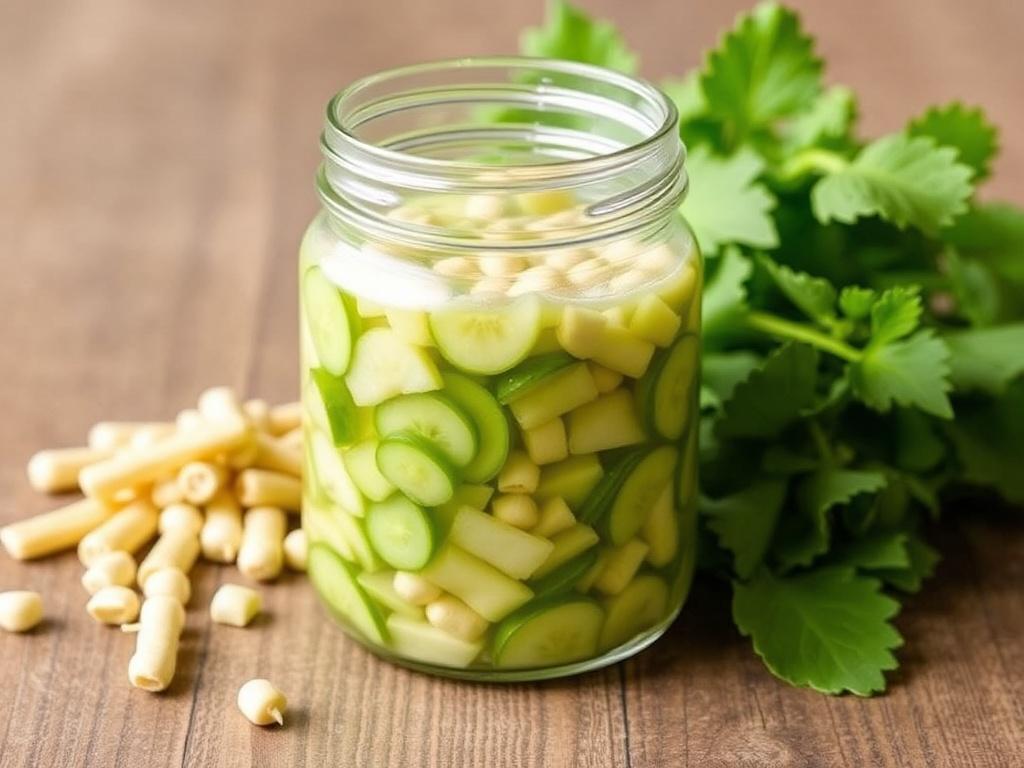
Below is a table listing some of the most popular fermented foods known for their digestive benefits, along with their unique characteristics:
| Fermented Food | Probiotic Strains | Digestive Benefits | Typical Uses |
|---|---|---|---|
| Yogurt | Lactobacillus acidophilus, Bifidobacterium | Enhances lactose digestion, supports gut flora balance | Breakfast, smoothies, sauces |
| Kefir | Kefir grains containing Lactobacillus, yeast | Aids digestion, boosts immunity, improves lactose tolerance | Drinks, smoothies, dressings |
| Sauerkraut | Lactobacillus plantarum | Rich in fiber and probiotics, supports gut healing | Side dishes, salads, sandwiches |
| Kimchi | Lactobacillus kimchii, Leuconostoc | Anti-inflammatory, promotes healthy digestion | Korean cuisine, toppings, stir-fries |
| Miso | Tetragenococcus halophilus, Lactobacillus | Contains enzymes and probiotics, helps break down soy proteins | Soups, marinades, dressings |
| Kombucha | Various yeasts and bacteria (SCOBY) | Supports digestion and detoxification, improves gut flora | Beverage, mixers |
Incorporating Fermented Foods Into Your Daily Diet
It’s one thing to understand the benefits, but how do you bring fermented foods into your life without feeling overwhelmed? The good news is that you don’t need to overhaul your entire eating routine overnight. Start small with manageable steps and gradually increase the variety and quantity of fermented foods you enjoy.
- Begin with familiar options: Yogurt or kefir are excellent introductory fermented foods. Much of their taste is mild and palatable, making them great for beginners.
- Add flavor with condiments: Sauerkraut and kimchi can add a punch of tangy flavor to burgers, hot dogs, and salads.
- Experiment with cooking: Use miso paste to flavor soups and marinades, which not only boosts taste but adds a probiotic punch.
- Drink kombucha: If you’re looking for a refreshing alternative to sugary sodas, kombucha can be a digestive-friendly choice.
- Make your own: Fermentation is easy to do at home. Start a simple batch of sauerkraut or pickles to control ingredients and freshness.
These easy tips can help you build a nourishing routine around fermented foods that boost digestion without drastic dietary changes.
The Science Behind Probiotics and Digestion
While fermented foods are celebrated globally, science has increasingly focused on the specifics of how probiotic bacteria contribute to digestive health. The gut microbiome—a complex community of trillions of microorganisms—plays a critical role in not just digestion but also immunity, mood, and metabolism.
Probiotics found in fermented foods enhance digestion in several key ways:
- Balancing gut flora: They compete with harmful bacteria, creating a stable, diverse environment in your intestines.
- Producing short-chain fatty acids: Beneficial bacteria ferment fiber into substances like butyrate, which nourish intestinal cells and reduce inflammation.
- Enhancing enzyme activity: Probiotics produce enzymes that break down complex carbohydrates and proteins, reducing symptoms like bloating and indigestion.
- Modulating immune responses: A healthy microbiome helps prevent overactive immune reactions that can lead to gut inflammation.
Modern research continues to highlight the importance of probiotics in managing digestive disorders like irritable bowel syndrome (IBS), inflammatory bowel disease (IBD), and even in preventing antibiotic-associated diarrhea.
Fermented Foods vs. Probiotic Supplements
You might wonder whether it’s better to take probiotic supplements or simply eat fermented foods. While supplements can provide very specific strains for targeted therapies, fermented foods offer a diverse array of live microorganisms along with vitamins, minerals, and prebiotic fibers that nourish the beneficial bacteria.
Moreover, fermented foods introduce synergistic compounds like antioxidants and organic acids that supplements may lack. In many cases, food-based probiotics are more effective in promoting lasting changes in gut health.
That said, some individuals with severe digestive concerns or compromised immune systems may benefit from supplements under medical supervision. But for most people, fermented foods that boost digestion provide a natural, enjoyable way to improve gut flora balance.
Fermentation and Nutrient Absorption
One fascinating benefit of fermented foods is their ability to enhance nutrient absorption. Certain fermentation processes reduce anti-nutrients like phytic acid in grains and legumes, which otherwise bind minerals and reduce bioavailability.
For example, fermented soy products like miso and tempeh present proteins in a more digestible form and increase levels of vitamins, particularly B vitamins and vitamin K2, which are crucial for bone and cardiovascular health. Similarly, fermentation can increase antioxidant levels in vegetables, contributing to reduced oxidative stress in the gut.
By helping your body absorb more from the foods you eat, fermented foods that boost digestion support overall wellness far beyond just relieving indigestion.
Potential Considerations and Tips for Enjoying Fermented Foods
While fermented foods are generally safe and beneficial, there are a few points to keep in mind:
- Start slowly: If you’re new to fermented foods, introduce them gradually. Too many probiotics too quickly can cause mild digestive upset like gas or bloating.
- Watch the sodium: Some fermented foods, especially traditional versions like sauerkraut and kimchi, can be quite high in salt. Look for lower sodium options or rinse before eating.
- Choose quality: Opt for unpasteurized, live-culture versions where possible. Pasteurization kills beneficial bacteria.
- Consult if immune compromised: Those with weakened immune systems or serious health conditions should seek medical advice before adding high amounts of probiotics.
These practical tips help you enjoy the digestive benefits of fermented foods safely and effectively.
Fermented Foods Around the World
Traveling through the world of fermented foods reveals a fascinating variety of traditional preparations that people have developed to both preserve food and support health:
- Europe: Sauerkraut (fermented cabbage), kvass (fermented rye bread drink), and yogurt have long been staples.
- Asia: Kimchi (spicy fermented vegetables), miso (fermented soy paste), natto (fermented soybeans), and various fermented fish sauces.
- Middle East: Labneh (strained yogurt), fermented pickles, and sourdough bread.
- Africa: Injera (fermented teff flatbread), fermented milk products, and African sorghum beer.
- Americas: Chicha (fermented corn drink), fermented hot sauces, and traditional yogurts like Mexican crema.
Each culture’s fermentation techniques highlight how integral these foods are to both flavor and digestion worldwide.
Simple Recipes to Try at Home
Ready to dive into fermentation yourself? Here are a couple of easy recipes to get started:
| Recipe | Ingredients | Basic Steps | Fermentation Time |
|---|---|---|---|
| Basic Sauerkraut | Green cabbage, sea salt | Shred cabbage, massage with salt, pack into jar, weight down to submerge in liquid | 1-4 weeks at room temperature |
| Simple Kimchi | Napa cabbage, garlic, ginger, chili flakes, fish sauce, green onion, salt | Salt cabbage, rinse, mix with spices and vegetables, pack into jar | 1-2 weeks at room temperature or up to months refrigerated |
| Kefir Drink | Milk, kefir grains | Combine milk and kefir grains, ferment at room temp, strain grains | 24-48 hours |
Fermenting your own foods lets you customize flavors and textures while ensuring freshness.
Summary of Benefits: Why Add Fermented Foods That Boost Digestion to Your Diet?
To wrap up the key advantages clearly, here is a checklist of benefits you can expect:
- Improved digestion and nutrient absorption
- Reduced bloating, gas, and indigestion symptoms
- Enhanced immune system function
- Increased diversity of healthy gut bacteria
- Lowered inflammation in the digestive tract
- Easier digestion of lactose and plant compounds
- A natural, flavorful addition to meals
Engaging regularly with a variety of fermented foods that boost digestion supports your digestive system in a gentle yet powerful way, contributing to long-term gut health and overall vitality.
Conclusion
Incorporating fermented foods that boost digestion into your daily diet is like inviting an army of tiny helpers into your gut to promote balance, ease discomfort, and enhance nutrient uptake. These ancient foods offer far more than tangy, complex flavors; they provide living microorganisms that support one of the most important systems in your body – your digestive system. Whether you choose to enjoy creamy yogurt, zesty sauerkraut, vibrant kimchi, or refreshing kombucha, each bite or sip contributes to cultivating a healthy microbiome that can improve your well-being from the inside out. Start gradually, explore different varieties, and savor the process of nourishing your gut with nature’s probiotic powerhouse. Your digestive system will thank you, and your taste buds will too!
Читайте далее: